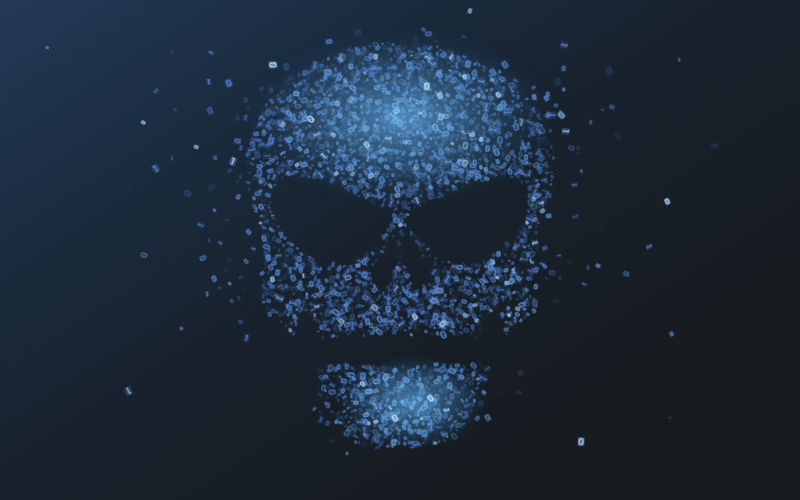
Enlarge (credit: Getty Images | Sergey Balakhnichev)
The attacks against Lithuania started on June 20. For the next 10 days, websites belonging to the government and businesses were bombarded by DDoS attacks, overloading them with traffic and forcing them offline. “Usually the DDoS attacks are concentrated on one or two targets and generate huge traffic,” says Jonas Sakrdinskas, acting director of Lithuania’s national cybersecurity center. But this was different.
Days before the attacks started, Lithuania blocked coal and metal from being moved through its country to the Russian territory of Kaliningrad, further bolstering its support for Ukraine in its conflict with Russia. Pro-Russian hacker group Killnet posted “Lithuania are you crazy?  ” on its Telegram channel to 88,000 followers. The group then called on hacktivists—naming a number of other pro-Russian hacking groups—to attack Lithuanian websites. A list of targets was shared.
” on its Telegram channel to 88,000 followers. The group then called on hacktivists—naming a number of other pro-Russian hacking groups—to attack Lithuanian websites. A list of targets was shared.
